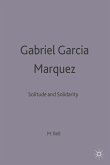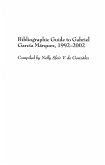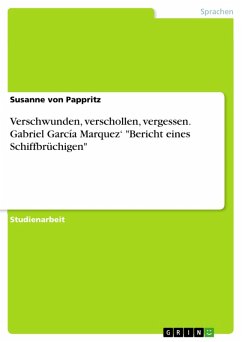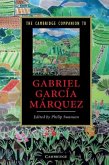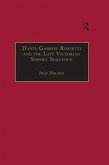One of the major Latin American writers of the twentieth century.
This book offers discussion and analysis of the subtle writing of Nobel Laureate Gabriel García Márquez - a traditionalist who draws from classic Western texts, a Modernist committed to modernizing the conservative literary tradition in Colombia and Latin America, an internationally recognized major writer of the 1960s Boom, the key figure in popularizing what has been called "magic realism" and, finally, a Modernist who has occasionally engaged in some ofthe strategies of the postmodern.
The author demonstrates that García Márquez is above all a committed and highly accomplished Modernist fiction writer who has successfully synthesized his political vision in his writing and absorbed a vast array of cultural and literary traditions. Drawing on García Márquez's interviews with Williams and others over the years, the book also explores the importance of the non-literary, the presence of oral tradition and the visual arts, thus providing a more complete insight into García Márquez's strategies as a Modernist with heterogeneous aesthetic interests, as well as an understanding of his social and political preoccupations.
RAYMOND LESLIE WILLIAMS is Professor of Latin American Literature at the University of California, Riverside.
Hinweis: Dieser Artikel kann nur an eine deutsche Lieferadresse ausgeliefert werden.
This book offers discussion and analysis of the subtle writing of Nobel Laureate Gabriel García Márquez - a traditionalist who draws from classic Western texts, a Modernist committed to modernizing the conservative literary tradition in Colombia and Latin America, an internationally recognized major writer of the 1960s Boom, the key figure in popularizing what has been called "magic realism" and, finally, a Modernist who has occasionally engaged in some ofthe strategies of the postmodern.
The author demonstrates that García Márquez is above all a committed and highly accomplished Modernist fiction writer who has successfully synthesized his political vision in his writing and absorbed a vast array of cultural and literary traditions. Drawing on García Márquez's interviews with Williams and others over the years, the book also explores the importance of the non-literary, the presence of oral tradition and the visual arts, thus providing a more complete insight into García Márquez's strategies as a Modernist with heterogeneous aesthetic interests, as well as an understanding of his social and political preoccupations.
RAYMOND LESLIE WILLIAMS is Professor of Latin American Literature at the University of California, Riverside.
Dieser Download kann aus rechtlichen Gründen nur mit Rechnungsadresse in A, D ausgeliefert werden.
Hinweis: Dieser Artikel kann nur an eine deutsche Lieferadresse ausgeliefert werden.



